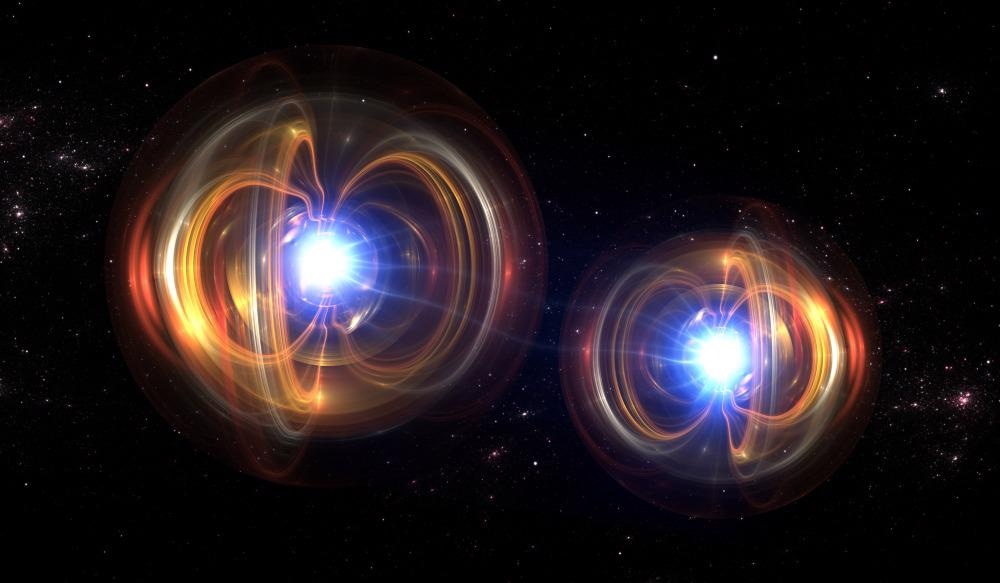The proposal put forward by the American Physical Society (APS) to have 2025 proclaimed as The International Year of Quantum Science and Technology has been endorsed by the International Union of Pure and Applied Physics (IUPAP).

Image Credit: Jurik Peter/Shutterstock.com
The year-long initiative would commemorate the deep-seated influence of quantum mechanics on science, technology, and culture.
Quantum mechanics is core to understanding the physical universe, ranging from the behavior of subatomic particles to the distribution of galaxies in the cosmos. The International Year of Quantum Science and Technology would mark a century of scientific analyses through quantum mechanics, which have resulted in technologies crucial to day-to-day life, varying from the laser to the transistor.
The IUPAP approved the proposal during its 30th General Assembly held on October 21st, 2021.
In collaboration with the German Physical Society and various other supporting institutions, APS has been preparing a resolution for the 2023 General Conference of the United Nations Educational, Scientific and Cultural Organization (UNESCO) and the 2023 General Assembly of the United Nations to declare 2025 the International Year of Quantum Science and Technology.
Earlier, UNESCO recognized other fields of science in the same way by declaring International Years of the Periodic Table of Chemical Elements (2019), Light and Light-based Technologies (2015), and Crystallography (2014).
The IUPAP Resolution is a tremendously significant international endorsement. IUPAP represents physicists worldwide and in passing this Resolution, the global physics community clearly spoke with a unified voice in support of 2025 as the International Year of Quantum Science and Technology.
Amy Flatten, Director of International Affairs, American Physical Society
According to Lutz Schröter, president of the German Physical Society (DPG), “The DPG strongly supports the proclamation of the year 2025 as the International Year of Quantum Science and Technology by the United Nations. Quantum science had its heyday in the 1920s. It was mathematically described by Werner Heisenberg in the early summer of 1925 and thus became ‘calculable’.”
Today, quantum mechanical phenomena form the basis for fundamental innovations in areas such as photonics and electronics, communication, chemistry, or life sciences and are of outstanding importance for the economy and the society.
Lutz Schröter, President, German Physical Society
Joe Niemela, Chair-Elect of the APS Forum on International Physics, noted that the crucial contribution of quantum mechanics to all fields within science as well as essential applications to the security and prosperity of the modern world cannot be exaggerated.
This is an opportunity to work together with partners around the world to raise global awareness of the enormous current impact and future promise of quantum science and technology in addressing critical challenges, including energy, communications, pharmacology and climate change.
Joe Niemela, Chair-Elect, Forum on International Physics, American Physical Society
“By promoting science education, outreach, and relevant technologies that can improve the quality of life of citizens everywhere, including remote regions off the grid, it is also a wonderful opportunity to emphasize the role of science as a common good for all humanity,” added Niemela.
Niemela is also a senior research scientist at the Abdus Salam International Centre for Theoretical Physics (ICTP) in Trieste, Italy, and shared the 2016 Dwight Nicholson Medal for Outreach with John Dudley for their leadership of the International Year of Light.